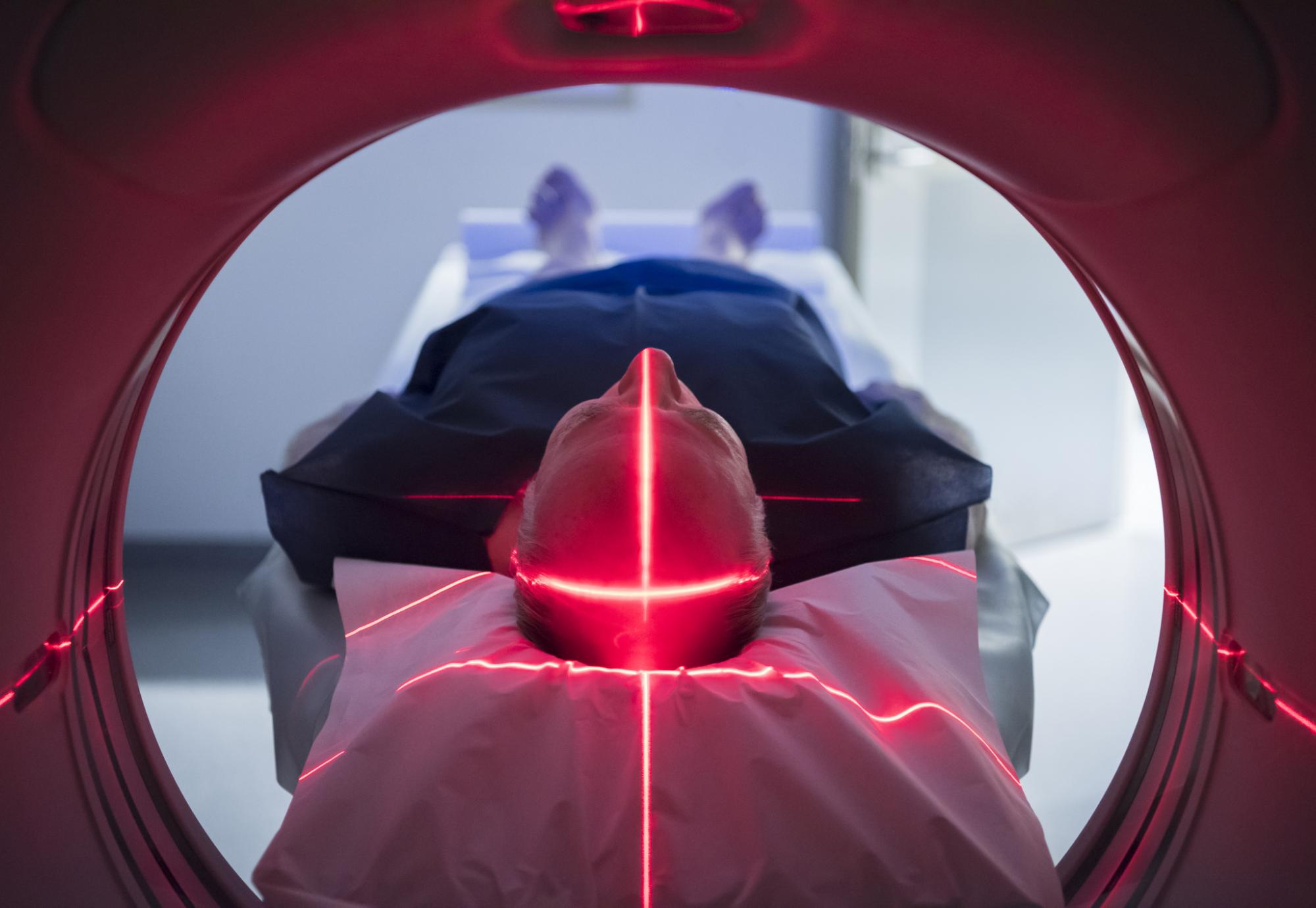Community diagnostic hubs, which would overhaul the way the NHS delivers MRI, CT and other diagnostic services to patients, have been recommended as part of a new major report commissioned by the health service.
These ‘one stop shops’ would be created across the country, away from hospitals, to enable patients to receive life-saving checks close to their home. The centres could be set up in free space on the high street or retail parks.
The recommendations come as part of a report by Professor Sir Mike Richards, who was commissioned by NHS Chief Executive Sir Simon Stevens to review diagnostic services as part of the NHS Long Term Plan.
The review’s proposals should help save lives and improve people’s quality of life including for cancer, stroke, heart disease and respiratory conditions.
Presenting to the NHS England and NHS Improvement board, Professor Richards described how these new services would be ‘Covid-free’ with diagnostic checks in A&E separated from tests taken ahead of routine procedures. Such an approach would be quicker and safe for patients, so anyone who is in hospitals should be able to access a scan on the day.
The report also recommended that access to blood tests in the community should also be expanded so that people can give samples close to their homes, at least six days a week, without having to go to hospital.
Professor Richards, who was the first NHS National Cancer Direction and the CQC’s Chief Inspector of Hospitals, said the need for radical change has been further amplified by the pandemic.
The report added that any new services will need to be implemented over time, requiring significant investment in facilities, equipment and workforce alongside replacing outdated testing machines.
Recommendations include:
- Tests for emergency and elective diagnostics should be separate, to reduce hold-ups for patients
- CT scanning capacity should be doubled over the next five years to meet increasing demand and to match other developed countries
- Tests for heart and lung diseases need to be enhanced given the link to coronavirus
- More staff need to be trained to undertake screening colonoscopies
- The imaging workforce needs to be expanded as soon as possible with 2,000 additional radiologists and 4,000 radiographers as well as other support staff
Professor Sir Mike Richards said: “The pandemic has brought into sharper focus the need to overhaul the way our diagnostic services are delivered. While these changes will take time and investment in facilities and more staff, it is the right moment to seize the opportunities to assist recovery and renewal of the NHS.
“Not only will these changes make services more accessible and convenient for patients but they will help improve outcomes for patients with cancer and other serious conditions.”



















